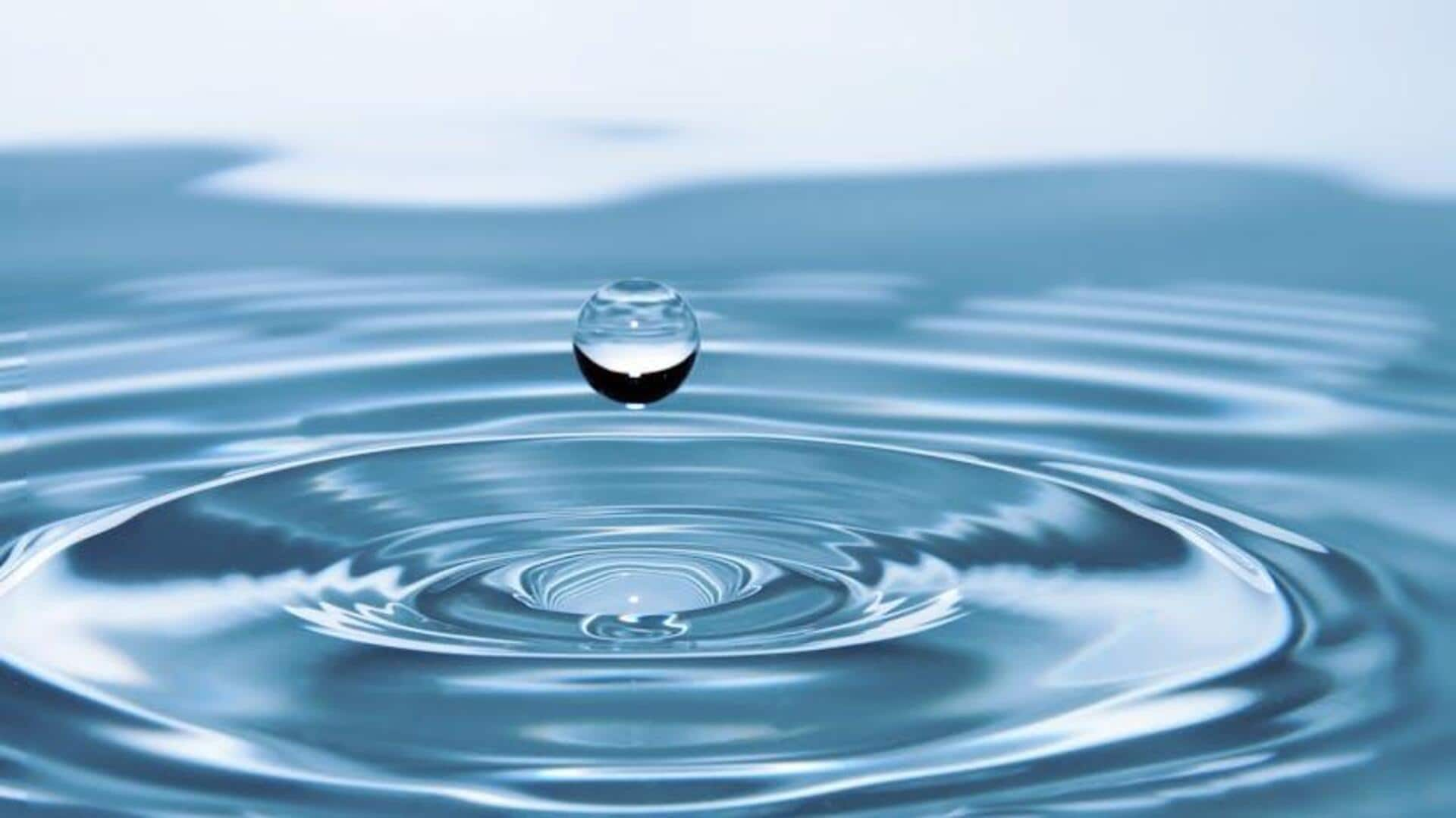
Budget-friendly water conservation tips in Africa
What's the story
Many regions in Africa are experiencing severe water shortages, making water conservation a matter of survival, not just an option. This article provides practical, low-cost solutions that households and communities can implement to minimize water usage and save money on bills. These tips are particularly beneficial for areas with water scarcity and are intended to foster a culture of sustainable living.
Rainwater collection
Use rainwater harvesting systems
Implementing rainwater harvesting systems at home is a great way to save water. By capturing rainwater from rooftops and storing it in tanks, families can drastically cut down their dependence on municipal water for non-drinking purposes like gardening, flushing toilets, and washing clothes/cars. While the initial setup cost can range, even a $100 (₹8,400) investment in a basic system can lead to long-term savings and a positive impact on the environment.
Leak repairs
Fix leaks promptly
A dripping faucet, even a small one, can waste 20 liters of water a day. Regularly checking for leaks in pipes, faucets, and toilet tanks and repairing them promptly is crucial. This not only saves water but also avoids potential damage to your property. Fortunately, most leaks can be fixed with basic tools and a little DIY know-how, saving you the expense of calling a plumber.
Smart gardening
Implement water-saving techniques in gardening
Gardening in African homes tends to be water-intensive. Choosing drought-resistant plants and practicing mulching, a technique that involves covering soil with organic material to preserve moisture, can help. Plus, watering plants early in the morning or late in the evening reduces evaporation losses, allowing for more efficient use of water.
Community awareness
Educate community on water conservation
Raising awareness about the importance of water conservation within communities can be a powerful catalyst for change. By organizing workshops and seminars to educate community members about simple water-saving techniques, you can foster a culture of conservation. Even small changes, like turning off the tap while brushing teeth or using a bucket instead of a hose to wash cars, can make a big difference when adopted by a whole community.
Efficient appliances
Upgrade to water-efficient appliances
Older models of toilets, showerheads, and washing machines tend to be water guzzlers. By replacing these with modern, water-efficient models, you can cut your household water usage by up to 50%. Although the upfront cost might be intimidating, the long-term savings on your water bill make this a smart and eco-friendly investment that pays off over time.